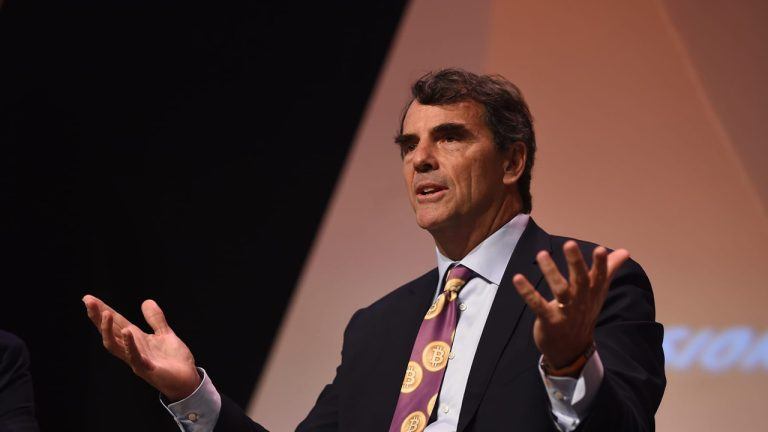An ECB Board Member Attacks Bitcoin, Says It ‘Does Not Fulfill the Basic Properties of Money’
Isabel Schnabel, a board member with the European Central Bank (ECB), has attacked bitcoin claiming the crypto asset “does not fulfill the basic properties of money.” She also describes bitcoin as a “speculative asset without any recognizable fundamental value and is subject to massive price swings.” Schnabel also surmises that trust in “cryptocurrencies might rapidly evaporate,” and this, in turn, causes “disruptions in financial markets.”
The Digital Euro
In remarks made during a recent interview, Schnabel also reveals how she and her colleagues at ECB think “it is wrong to describe bitcoin as a currency.” Still, when Schnabel is reminded of billionaire Elon Musk’s views on bitcoin, the ECB board member answered: “He is at liberty to do so.”
Meanwhile, Schnabel uses the interview opportunity to reiterate the ECB’s resolve to create its own digital currency. However, she says a “great deal of preparatory work needs to be done to enable the project to be properly set up.” Schnabel also tries to justify claims that consumers would be more amenable to a digital currency issued by the ECB than one issued by private entities. She said:
Nobody can offer a similar degree of security and data protection as the ECB. People find that topic important: as consumers, to whom do we want to disclose our data? They are surely more likely to trust the ECB than Facebook or other private operators.
As expected, Schnabel’s comments sparked a quick reaction from some bitcoiners and cryptocurrency supporters on Twitter. For instance, responding to Schnabel’s remark that the ECB is a trusted institution, a Twitter user Plan B said:
“People in Zimbabwe, Venezuela, Lebanon, Turkey beg to differ (after what central banks did to their money).”
Human Rights and Data Protection
Alex Gladstein, the chief strategy officer at Human Rights Foundation, also weighed in by posing a question to the ECB board member. He asked:
Isabel, how much have you looked into the human rights implications of Bitcoin? I have many examples from around the world here of individuals and groups in high inflation and authoritarian environments benefitting from using this new money.
Meanwhile, other users attacked Schnabel’s assertion that “no other institution can offer a similar degree of security and data protection as the ECB.” For instance, user Ryan Cwynar reminds Schnabel that “literally any cryptocurrency chain provides more security than any system your organization could design.”
Still, a few users like Micheal Reilly, believe there is a place for both privately issued digital currencies and the one the ECB intends to create. He said:
“Central bank policy is the least of the issues with any of those countries. Institutional failure or any institutional issue will and can affect everything in a country. CB is not the issue. I own Bitcoin and believe it has a use case and a digital euro is a good idea too.”
What is your reaction to Schnabel’s remarks about bitcoin? You can share your views in the comments section below.






